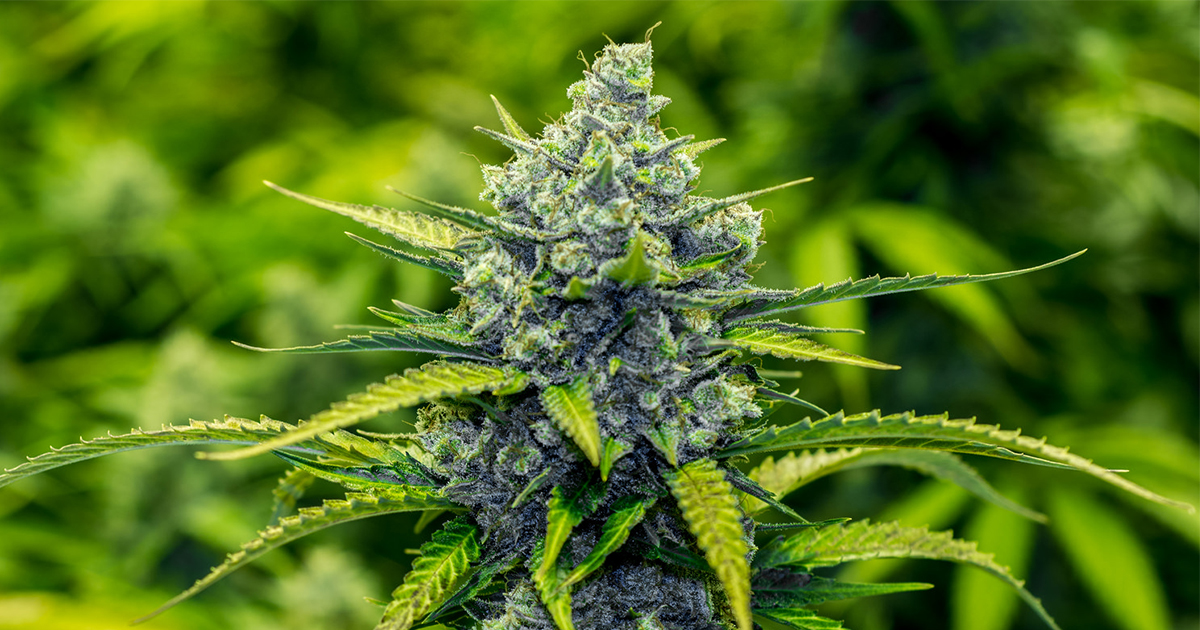What Happens When You Stop Smoking Weed

By:
If you're a frequent marijuana user, you might be tempted to go on a "tolerance break," a period of abstinence meant to lower an individual's tolerance to the psychoactive effects of cannabis. But reduced tolerance isn't the only thing that happens when you stop smoking weed.
 Flickr/Alex B - flic.kr
Flickr/Alex B - flic.kr
The reason that users build a tolerance to cannabis is because the parts of the human body that naturally respond to its ingredients, cannabinoid receptors, are reduced over time. It takes as few as two days — and as long as four weeks — to restore a users' cannabinoid receptors to normal levels, depending on the frequency of use, according to a January 2016 study published in the journal Biological Psychiatry.
The goal of a tolerance break is to get back to a point where it takes a smaller amount of cannabis to produce the desired effect but there are other unexpected effects. Within one week of marijuana cessation, frequent users can also expect to experience effects in terms of sleep, memory and appetite.
1. Sleep
 BigStock/dolgachov - bigstockphoto.com
BigStock/dolgachov - bigstockphoto.com
Some users report difficulty falling asleep after they stop smoking cannabis, found a 2008 study published in the journal Sleep Medicine Reviews. That's not surprising considering the fact that marijuana is commonly used as an aid to facilitate sleep — and if you stop taking any kind of sleep aid, it might take some time to fall asleep naturally, again.
But because marijuana is also known to inhibit REM sleep — the part of the sleep cycle associated with dreaming — abstaining from cannabis after prolonged use has also been linked to intense, vivid dreaming. "If you've been taking a drug that suppresses a certain phenomenon for a while, then that phenomenon will come back stronger when you stop using that drug," Dr. Hans Hamburger, a neurologist and head of Holland Sleep Research, told VICE. It's called the "rebound effect," and it's a temporary side effect, he explained.
2. Memory
.jpg?auto=format&crop=faces&fit=crop&q=60&w=736&ixlib=js-1.1.0) AP/Jeff Barnard - apimages.com
AP/Jeff Barnard - apimages.com
One undesirable effect of cannabis use is impaired memory functioning, as ATTN: reported in June. Though frequent marijuana use does appear to impact short-term memory — with heavy users scoring lower on verbal memory tests than non-users, for example — the effects are reversible, a 2001 study published in the journal Archives of General Psychiatry determined. It takes approximately 28 days to restore memory functioning in heavy users to non-user levels, according to the study authors.
3. Appetite
 Flickr/Mike Mozart - flickr.com
Flickr/Mike Mozart - flickr.com
Increased appetite is one of the most common and beloved effects of cannabis use, and taking a tolerance break means giving up the munchies. Some users have reported a lack of appetite following marijuana cessation. This side effect is diminished after four days and users fully regain their appetite within 28 days after putting the joint down, a 2015 study published in the American Journal of Psychiatry found.
After a four-week break, frequent users can expect their tolerance to cannabis to be about the same as a non-user.
For most users, the purpose of a break is practical — because it takes less weed to produce the desired effect, you spend less money on it. Take it slow after an extended tolerance break, though, as you might not realize just how sensitive you've become to the psychoactive effects.
